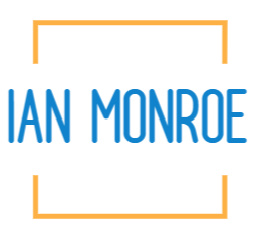Another thing that came my way via the excellent Overcoming Bias site.
The author of this piece, Paul Starr, is a professor of Sociology and public affairs at Princeton University, and he floats the idea that public subsidies of investigative journalism might be one way to combat the deluge of journalists that have given up investigative reporting, and are now turning their skills to trade pubs and special-interest public relations.
It’s an interesting idea, and I don’t entirely disagree, but I need to think more about it before I’m sure.
“Curiously enough, government subsidies that are viewpoint-neutral and that do not give officials any discretion may be a less constraining method of supporting journalism than leaving it to dependence on patrons. Today, any such subsidies should be not only viewpoint-neutral, but also platform-neutral. We need the modern equivalent of the postal subsidies of the early American republic, except that there ought to be no bias in favor of publications that appear in print.
At this point, I am not advocating any specific form of subsidy — only that we should be open to the idea. There may be lessons for America in the experience of countries that have subsidized the news media without controlling them. Many European countries, for example, exempt news publications from the value-added tax; we have no VAT, but we do have a payroll tax, and one possibility might be to exempt not just newspapers, but all recognized news gatherers from that tax in whole or part.”
Via Cato-Unbound.org . The whole article is worth a read.
